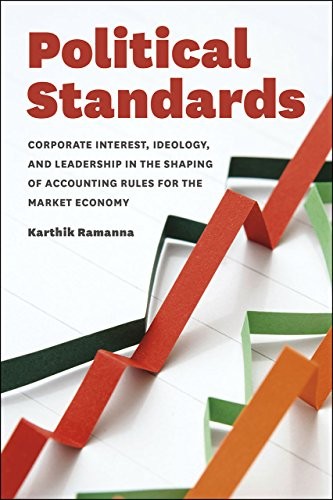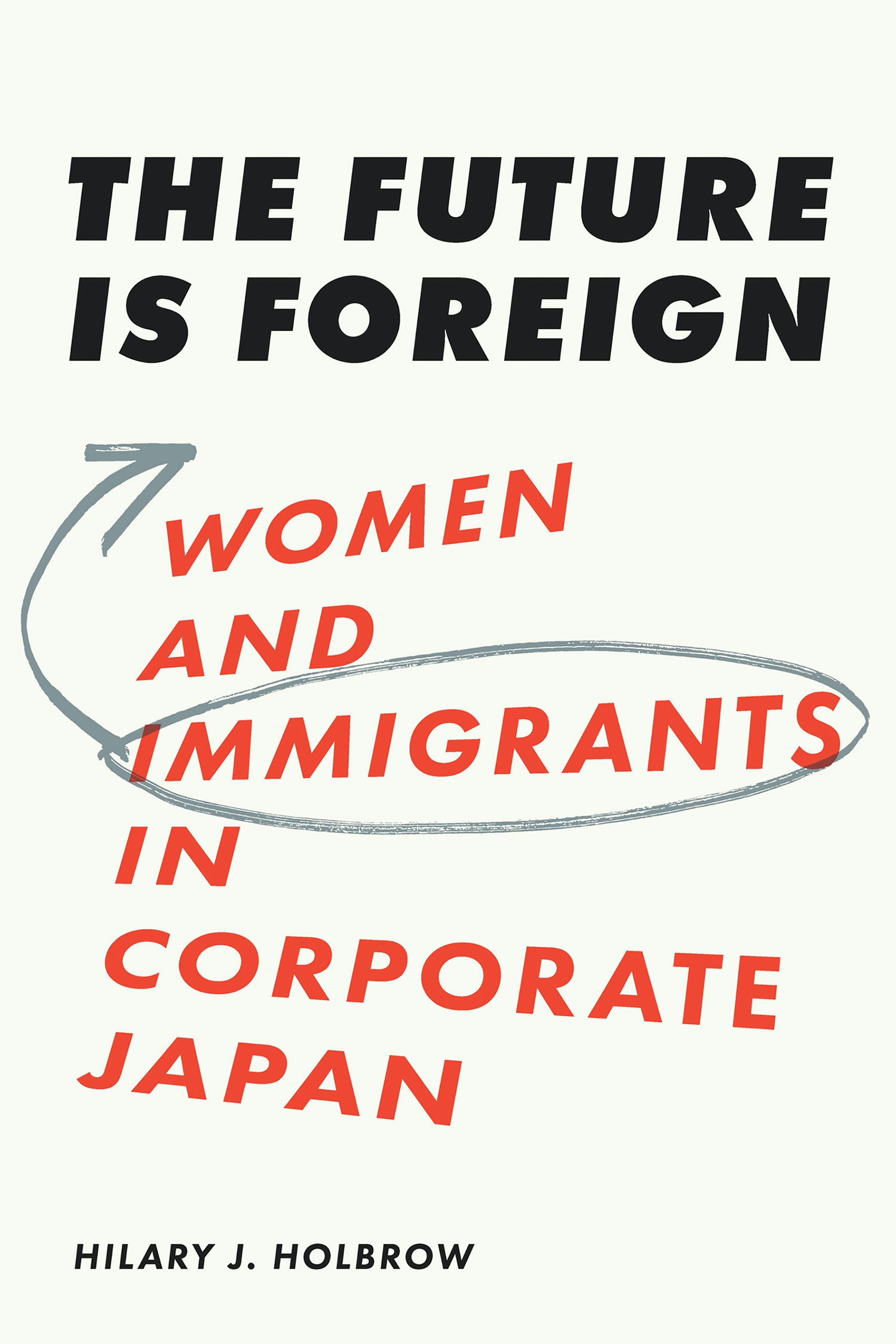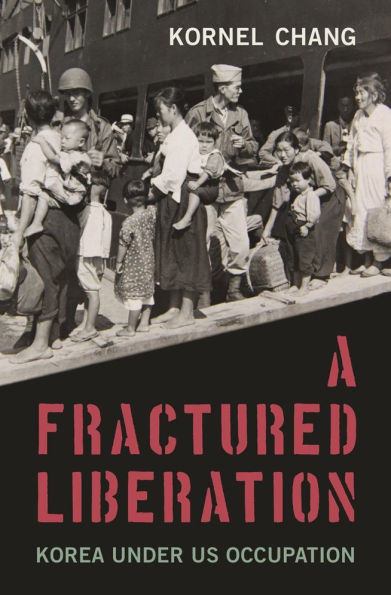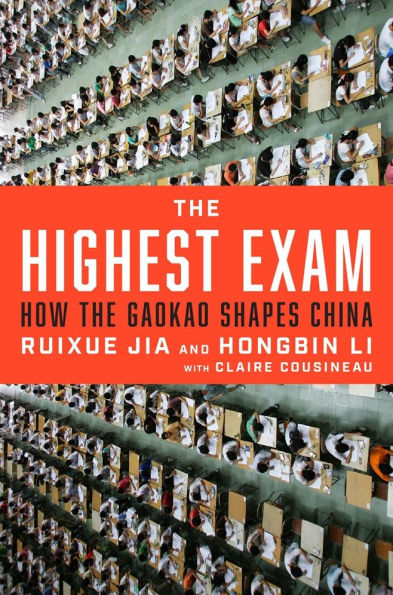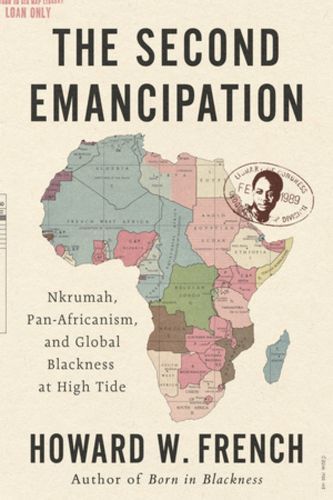Ben Waber reviewed Political Standards by Karthik Ramanna
A Rigorous Examination of How Corporate Accounting Rules are Promulgated
4 stars
This book is an important look at exactly how corporate accounting standards are developed, and the profoundly political nature of what emerges from that process. Ramanna takes a rigorous, analytical approach to this question in the US context, validating hypotheses on the effects of new standards bodies and their membership composition on the contours of emerging accounting guidance, and even follows that up with a survey of the international landscape. While I'm a sucker for analytical detail, some of it might have been better left as a paper citation rather than explicitly spelled out in the book. Overall, given the importance of the metrics companies report to investors and the public on their business, however, Ramanna does a service by delivering a deeper understanding of just how subjective and political this process is is of vital importance. Highly recommend
This book is an important look at exactly how corporate accounting standards are developed, and the profoundly political nature of what emerges from that process. Ramanna takes a rigorous, analytical approach to this question in the US context, validating hypotheses on the effects of new standards bodies and their membership composition on the contours of emerging accounting guidance, and even follows that up with a survey of the international landscape. While I'm a sucker for analytical detail, some of it might have been better left as a paper citation rather than explicitly spelled out in the book. Overall, given the importance of the metrics companies report to investors and the public on their business, however, Ramanna does a service by delivering a deeper understanding of just how subjective and political this process is is of vital importance. Highly recommend
